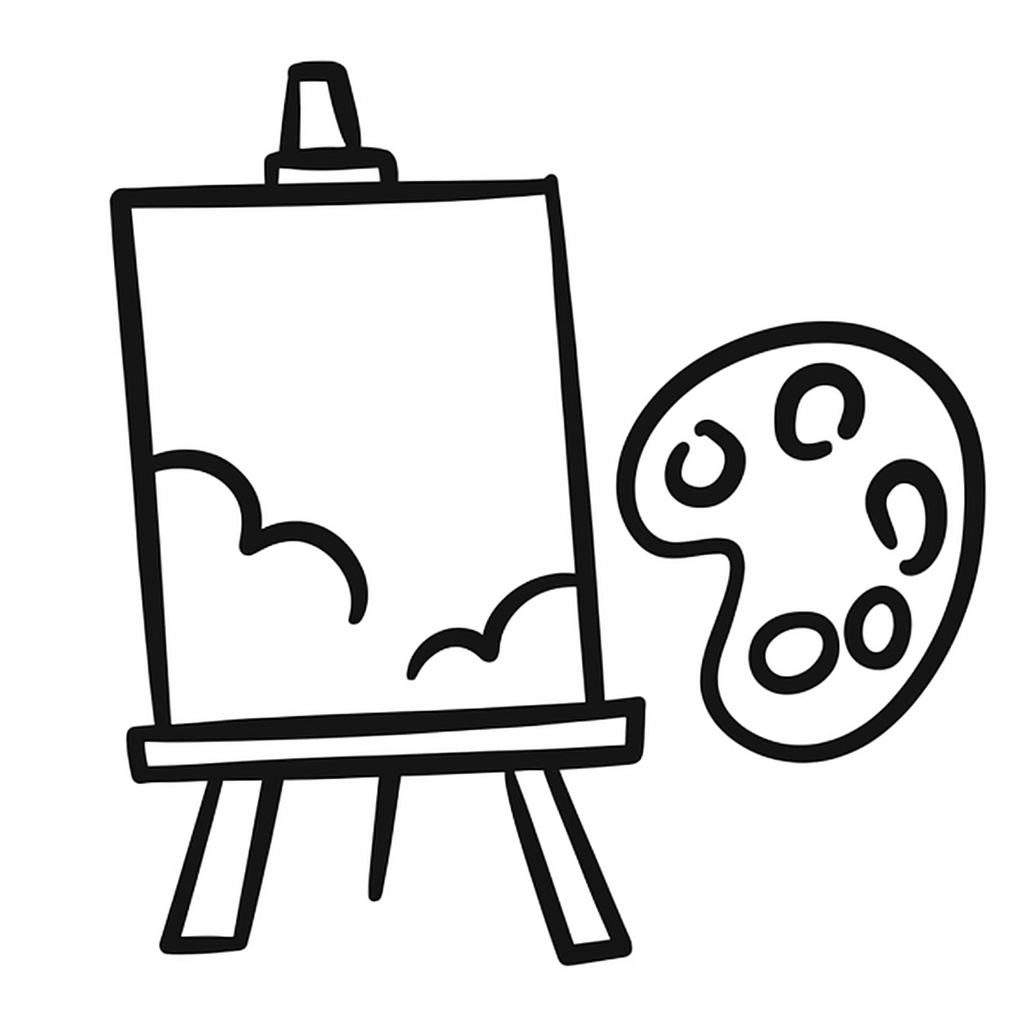Editors refine and polish written content for clarity, coherence, style, and accuracy across books, magazines, newspapers, websites, and multimedia. They work closely with writers, fact-checkers, designers, and production teams to ensure materials meet editorial standards, audience needs, and brand voice. If you love language, have a keen eye for detail, and enjoy shaping narratives, a career in editing could be a great fit.
1. Key Responsibilities
Editors’ duties vary by role but generally include:
- Content Planning & Development:
Collaborate with publishers, editors-in-chief, or content managers to develop editorial calendars, themes, and story ideas.
• Commission articles, essays, or chapters by identifying and pitching topics to writers. - Structural & Substantive Editing:
Review drafts for overall organization, flow, and argument strength—rearranging sections, suggesting additional content, or trimming extraneous material.
• Ensure logical progression of ideas and consistency with the publication’s style and objectives. - Line Editing & Copyediting:
Refine sentence structure, word choice, tone, and readability.
• Correct grammar, punctuation, spelling, and syntax errors; enforce style-guide rules (AP, Chicago, house style). - Fact-Checking & Verification:
Verify facts, dates, statistics, and citations; coordinate with researchers or subject-matter experts.
• Ensure compliance with legal and ethical standards, avoiding libel, plagiarism, and copyright violations. - Proofreading & Final Review:
Conduct final proofreads of page proofs or digital layouts to catch any lingering typographical or formatting errors.
• Approve content for publication or broadcast. - Collaboration & Coordination:
Work with writers on revisions, providing detailed feedback and managing revision cycles.
• Liaise with designers, production managers, and web developers to ensure text fits design and technical requirements. - Content Management & SEO:
Optimize digital copy for search engines, integrating keywords, meta descriptions, and internal links.
• Publish and update content in content-management systems (WordPress, Drupal).
2. Essential Skills & Qualities
Outstanding editors possess:
- Language Mastery:
Exceptional grammar, vocabulary, and stylistic sensitivity. - Attention to Detail:
Ability to spot inconsistencies, errors, and subtle tone mismatches across lengthy manuscripts. - Structural Thinking:
Aptitude for improving organization, pacing, and narrative coherence. - Communication & Feedback:
Diplomacy in providing constructive criticism and guiding writers through revisions. - Time Management & Organization:
Handling multiple projects, deadlines, and rounds of edits efficiently. - Technical Proficiency:
Familiarity with style guides, CMS platforms, and editing tools (Track Changes, Adobe Acrobat, editorial workflow software). - Research & Verification:
Skill in fact-checking, source validation, and ethical standards.
3. Work Environments & Industries
Editors are employed across:
- Publishing Houses: Fiction and nonfiction books, textbooks, and reference works.
- Magazines & Newspapers: Consumer, trade, and academic publications—print and digital.
- Corporate & Technical Communications: White papers, reports, and internal publications.
- Digital Media & Content Agencies: Websites, blogs, newsletters, and social-media content.
- Educational & Nonprofit Sectors: Curriculum materials, grant proposals, and policy reports.
- Freelance & Contract Roles: Offering editorial services to multiple clients or agencies.
Work settings range from traditional office environments to remote/home-based editing.
4. Education & Training
- Bachelor’s Degree in English, journalism, communications, or related fields are typical.
- Certificates & Workshops: Professional editing programs (Poynter ACES Certificate, Smith College Executive Ed), SEO/content strategy courses, and software training.
- Mentorship & Apprenticeships: Internships with publishing houses, newspapers, or agencies provide hands-on editing experience.
5. Professional Credentials & Associations
- American Society of Journalists and Authors (ASJA): Networking and resources for freelance editors.
- Editorial Freelancers Association (EFA): Training, certification, and job boards for editors and proofreaders.
- ACES: The Society for Editing: Offers the ACES Certificate, webinars, and conferences on editing best practices.
6. Salary, Employment & Job Outlook
According to the BLS for “Editors” (SOC 27-3041):
- Employment (2023): 135,700
- Median Annual Wage (May 2024): $63,380
- 10th Percentile: $37,010
- 90th Percentile: $112,360
- 10th Percentile: $37,010
- Projected Growth (2023–2033): +2% (slower than average)
- Annual Openings: ~6,000 per year (replacement + growth)
Note: Digital-native publications and content agencies may pay differently than traditional print roles, often offering more flexible or remote-work arrangements.
7. Job Outlook & Demand Drivers
- Digital Content Expansion: Continued growth of online articles, blogs, and multimedia content sustains editorial demand.
- Content Quality Focus: Brands emphasize polished, authoritative content, increasing need for skilled editors.
- AI & Machine Editing Tools: Automated grammar and style checkers augment but do not replace human editors—demand persists for in-depth structural and substantive editing.
Competition remains strong; editors with specialized domain knowledge (medical, technical, legal) and digital publishing skills are in highest demand.
8. Career Path & Advancement
- Editorial Assistant / Proofreader
- Associate Editor / Copy Editor
- Editor / Senior Editor
- Managing Editor / Content Director
- Editor-in-Chief / Editorial Director
Specializing in technical editing, developmental editing, or content strategy can accelerate advancement and higher compensation.
9. Is This Career Right for You?
Editing suits those who:
- Are passionate about language and storytelling.
- Excel at critical reading and structural analysis.
- Enjoy collaborative work with writers and production teams.
- Thrive under deadline pressure and detailed tasks.
10. Tips for Aspiring Editors
- Hone Your Style Knowledge: Master AP, Chicago, and other relevant style guides.
- Build a Portfolio: Showcase before-and-after edits on a range of documents and genres.
- Learn CMS & SEO: Familiarize yourself with WordPress, Drupal, and basic SEO principles.
- Network in Editorial Circles: Join EFA and ACES for mentorship and job referrals.
- Stay Current on Tech: Embrace tools like Grammarly, PerfectIt, and editorial workflow platforms.
Is this career path right for you?
Find out Free.
- Take the MAPP Career Assessment (100 % free).
- See your top career matches, including 5 Free custom matches allowing you to see if this job is a good fit for you and likely one you will enjoy and thrive in.
- Get a personalized compatibility score and next-step guidance.
Already know someone exploring this role?
Share the link below so they can check their fit, too.
Start the FREE MAPP Career Assessment




